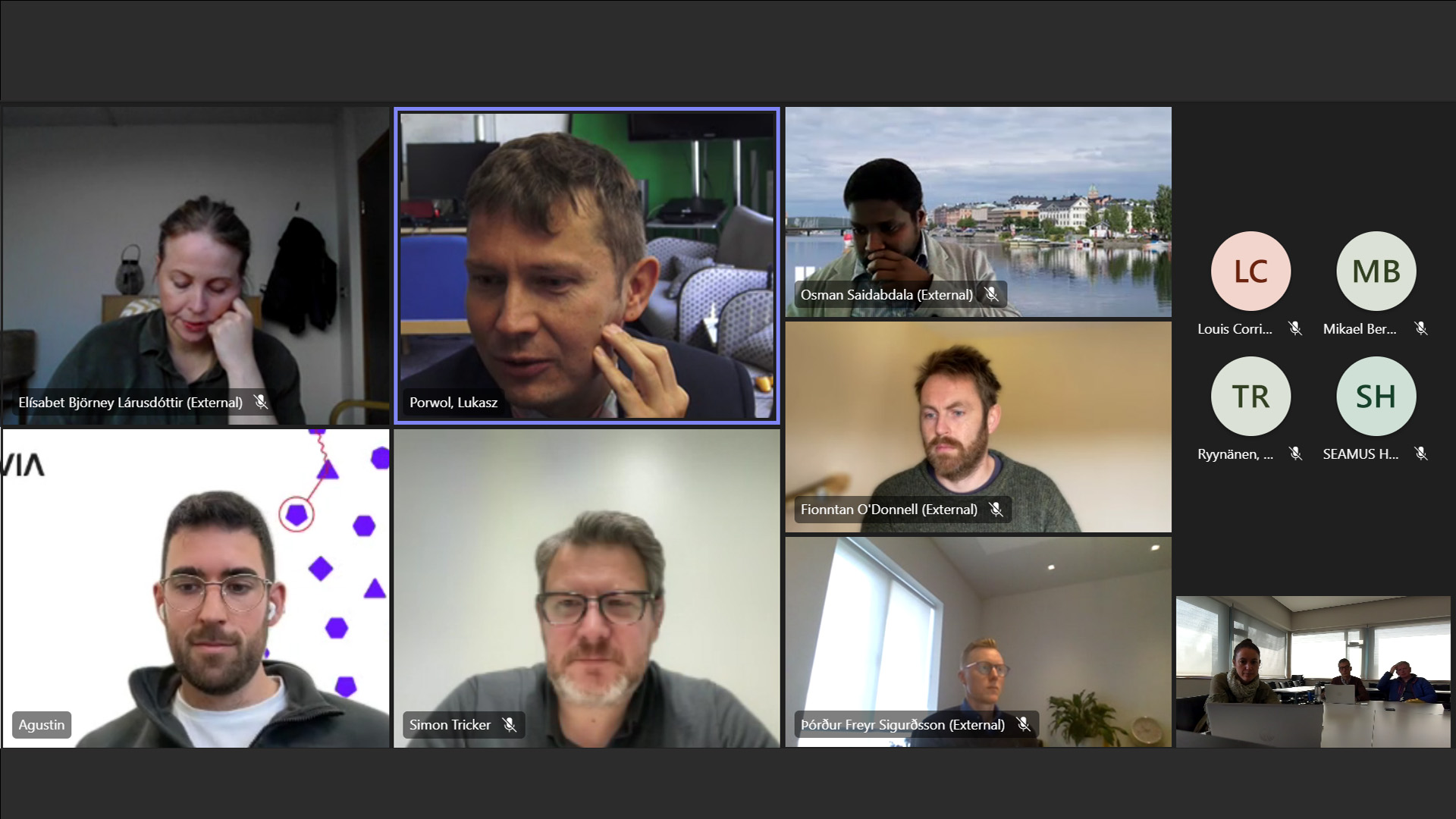News

Open Data and data integration for better public service delivery
INNOCAP project's Capacity Building Programme aims to train partners on disruptive technologies to provide enhanced public services.
Date
18.10.2023

